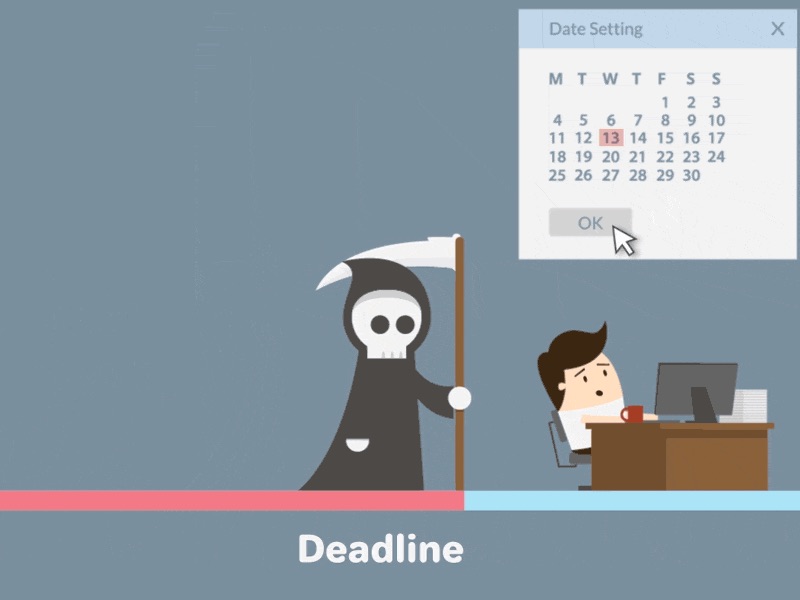“Work expands so as to fill the time available for its completion”
– Cyril Northcote Parkinson
I’ve seen companies large and small fail to justify expensive salesforce automation projects because of their over-reliance on increasing sales productivity.
Don’t get me wrong; companies must invest in time-saving technology for their sales teams. At a minimum, it will increase job satisfaction, and more than likely help close additional opportunities.
One Thing Is Not Like The Others
Salespeople are just different, and they tend to be more goal-oriented than the average person, and the best ones are never afraid to put in more than 60 hours a week to close an opportunity, acquire a new customer or beat their quota.
When measuring productivity — the output of a worker divided by the time required to achieve this output — a salesperson’s productivity cannot be measured in the same way as an accountant, lawyer or factory worker.
For example, if we refine process steps or introduce a new tool which can shave off 10% of the time it takes a factory worker to build a car, it’s reasonable to expect that the worker would produce an extra 10% more cars… and the factory’s sales might go up proportionately.
However, if we introduce a tool that would save a salesperson four hours a week — 10% of their supposed workweek — then you might think that they should be able to increase their sales by 10%. But that’s not the case!
Freeing Up a Salesperson’s Time Does Not Increase Sales
Going back to the factory worker example, let’s say we’ve deployed a new tool and process to help sales professionals build proposals faster. What does the typical salesperson do with the extra four hours we’ve now saved her?
Remember that a salesperson is already typically working as many hours as it takes to get the sale. Saving her time makes her more “productive” in the sense that she achieves the same output in fewer hours. In economic terms, sales professionals’ amount of time worked is elastic, meaning it is impacted by the very productivity we’re trying to increase.
Sales Effectiveness, Not Productivity Is the Answer
Salespeople struggle spending time doing what is good for them — such as planning, opportunity strategy, prospecting, and marketing. I’ll prove my point — how many of us exercise 30 minutes or more daily, sleep eight hours, eat a balanced diet, and spend enough time with our families? We know those things are good for us, but we struggle to do them consistently.
In my view, one of the critical elements of improving sales effectiveness is to help salespeople spend more time doing things that are good for them — things they know and want to do, but don’t make time to do them.
Improvements in Sales Effectiveness can be achieved by allocating time saved from productivity improvements, to the things that are good for salespeople.
Of all the tools, tips and tricks I’ve researched, observed and experimented with, the one that has the most significant impact in sales effectiveness is the simplest — Schedule on your calendar the things that are good for you — those things that can improve sales effectiveness — planning, opportunity strategy, prospecting, and marketing.
Blocking recurring time every week, that isn’t moved or canceled except in an extreme circumstance, ensures that a salesperson (or sales manager) allocates time to the activities that help improve sales effectiveness. This process works for marketers, CEOs, and line of business leaders as well!
Start with at least one activity that can improve your effectiveness and schedule a weekly hour on your calendar for the next three months. Stick with it, and you’ll soon see results — guaranteed.





